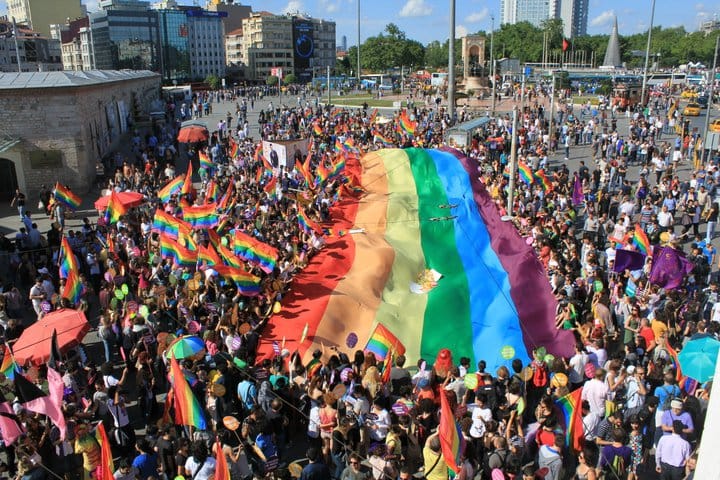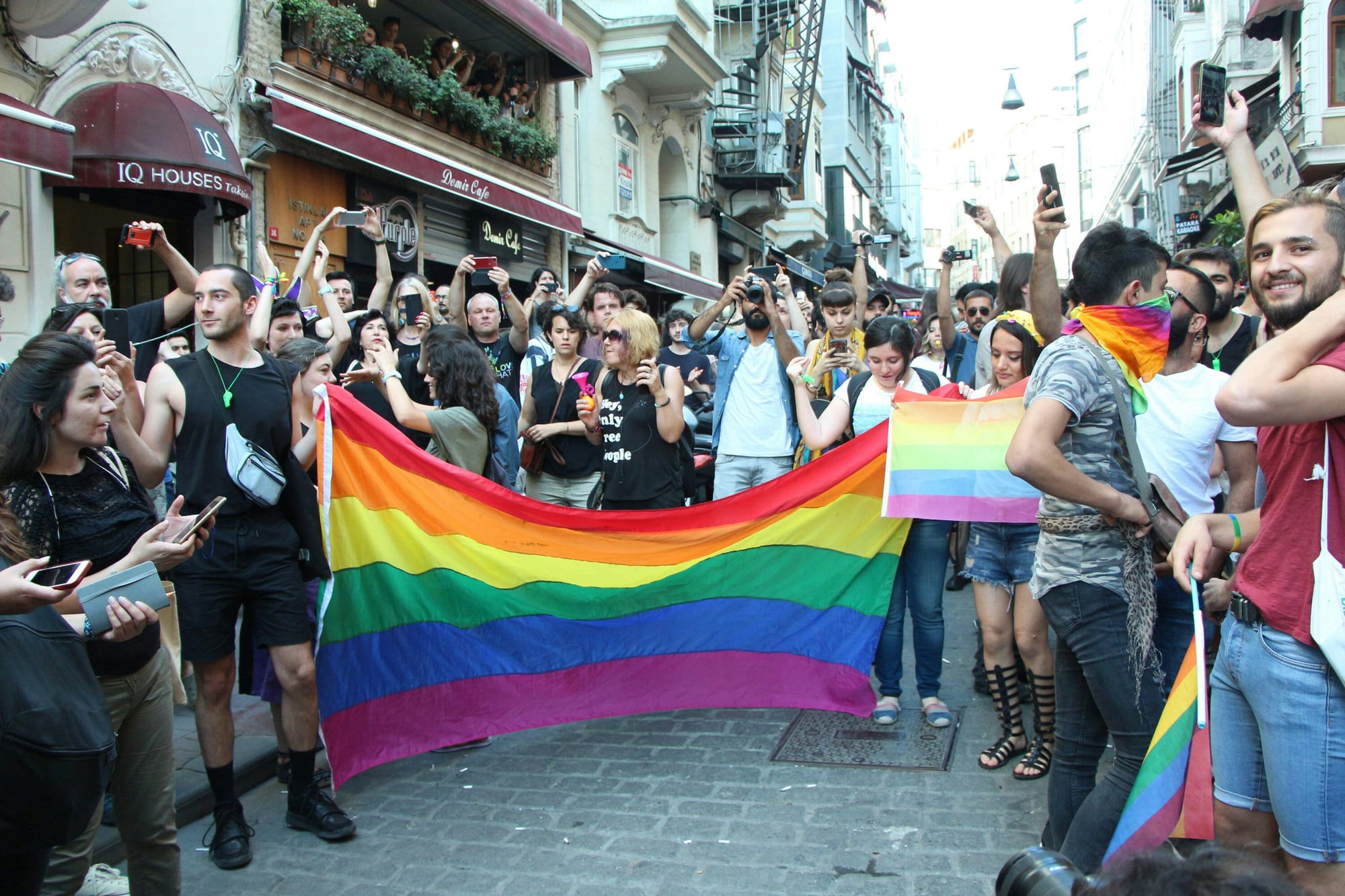Türkiye: Human rights group reacts after draft law threatens LGBTQ+ people with prison

Human Rights Watch has expressed serious concern regarding a proposed legislative package in Türkiye that could result in criminal charges being brought against LGBTQ+ individuals. The draft legislation, known as the 11th Judicial Package, was recently leaked to the media and includes amendments to both the Turkish penal and civil codes. These changes, if enacted, would represent one of the most significant regressions in human rights protections in the country in recent decades.
Among the proposed amendments is a provision that would criminalise conduct deemed “contrary to biological sex and general morality,” including the so-called “promotion” of such behaviour. Another amendment seeks to restrict access to gender-affirming healthcare by raising the minimum age to 25 and introducing stringent eligibility criteria. A further provision would permit criminal charges against transgender individuals and medical professionals who provide care outside the newly defined parameters.
Hugh Williamson, Director for Europe and Central Asia at Human Rights Watch, stated: “To prosecute individuals on the basis of their gender identity or sexual orientation constitutes a grave violation of human dignity and amounts to state-sanctioned discrimination.
"The Turkish government must abandon these proposed amendments, which are in clear breach of international legal standards and would subject LGBTQ+ individuals to persistent fear of arrest and prosecution.”
The draft law also includes broader criminal justice reforms, such as increased prison sentences for minors and expanded powers to remove online content allegedly infringing on privacy. These proposals have emerged within an increasingly conservative and authoritarian political context in Türkiye.
The justification for the anti-LGBTQ+ provisions is framed around protecting “the family” and “public morals,” rhetoric that has been frequently employed by the Erdoğan administration to marginalise LGBTQ+ communities and undermine women's rights.
To prosecute individuals on the basis of their gender identity or sexual orientation constitutes a grave violation of human dignity and amounts to state-sanctioned discrimination.
One proposed change to Article 225 of the penal code, which addresses “indecent acts,” uses vague and expansive language to criminalise individuals who “engage in attitudes or behaviours contrary to biological sex and general morality, or who openly encourage, praise, or promote such attitudes or behaviours.” This could result in prison sentences of up to three years.
The amendment also raises concerns about potential criminal liability for civil society organisations advocating for LGBTQ+ rights, as well as media outlets and journalists reporting on related issues. It further proposes penalties of up to four years in prison for individuals participating in symbolic same-sex engagement or marriage ceremonies, despite the fact that such unions are not legally recognised in Türkiye.
Another amendment to Article 40 of the civil code, which governs legal gender recognition, would raise the minimum age for gender-affirming procedures from 18 to 25, require permanent infertility as a condition, and mandate multiple assessments from government-approved hospitals. These measures are seen as serious infringements on bodily autonomy and the right to health.
The leaked draft also includes provisions to penalise healthcare professionals who provide gender-affirming care outside the proposed legal framework, with fines and prison sentences of up to seven years. Trans individuals receiving such care could face up to three years in prison. Human Rights Watch warns that these measures would drive medical treatment underground, increasing the risk of exploitation and harm.
The proposed penalties could also lead to pretrial detention for those under investigation.
Fifteen LGBTQ+ organisations in Türkiye have voiced strong opposition to the draft amendments, citing threats to fundamental freedoms, equality before the law, and democratic participation. The Turkish Medical Association has also condemned the proposals, emphasising that access to healthcare should not be criminalised and that the amendments violate basic human rights.
Under international human rights law, governments are obliged to respect, protect, and fulfil the rights of LGBTQ+ individuals. Moral disapproval cannot be used as a justification for denying rights or imposing discriminatory measures, let alone criminal sanctions. Any restrictions must be lawful, precise, accessible, and foreseeable, and must serve a legitimate purpose in a proportionate and non-discriminatory manner.
Türkiye is a signatory to several international treaties, including the European Convention on Human Rights, the International Covenant on Civil and Political Rights and the International Covenant on Economic, Social and Cultural Rights, all of which enshrine these principles.

The European Court of Human Rights has previously ruled, notably in Bayev and Others v Russia, that legislation similar to the proposals in the leaked draft is incompatible with the Convention. The Court emphasised that such laws reflect a prejudiced bias and infringe upon both personal identity and freedom of expression.
International law also protects the right to seek and receive information on matters relating to sexual orientation and gender identity, and guarantees the right to the highest attainable standard of health without discrimination.
Williamson concluded: “The European Union, the Council of Europe, and their member states must use all available diplomatic and political channels to ensure that this regressive draft legislation is withdrawn. This is a critical test of Türkiye’s commitment to the rule of law and the fundamental principles of democracy, equality, and human rights.”





Comments ()